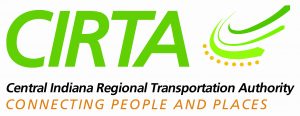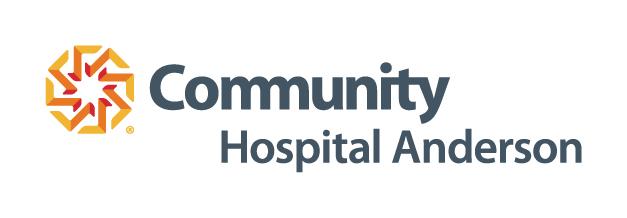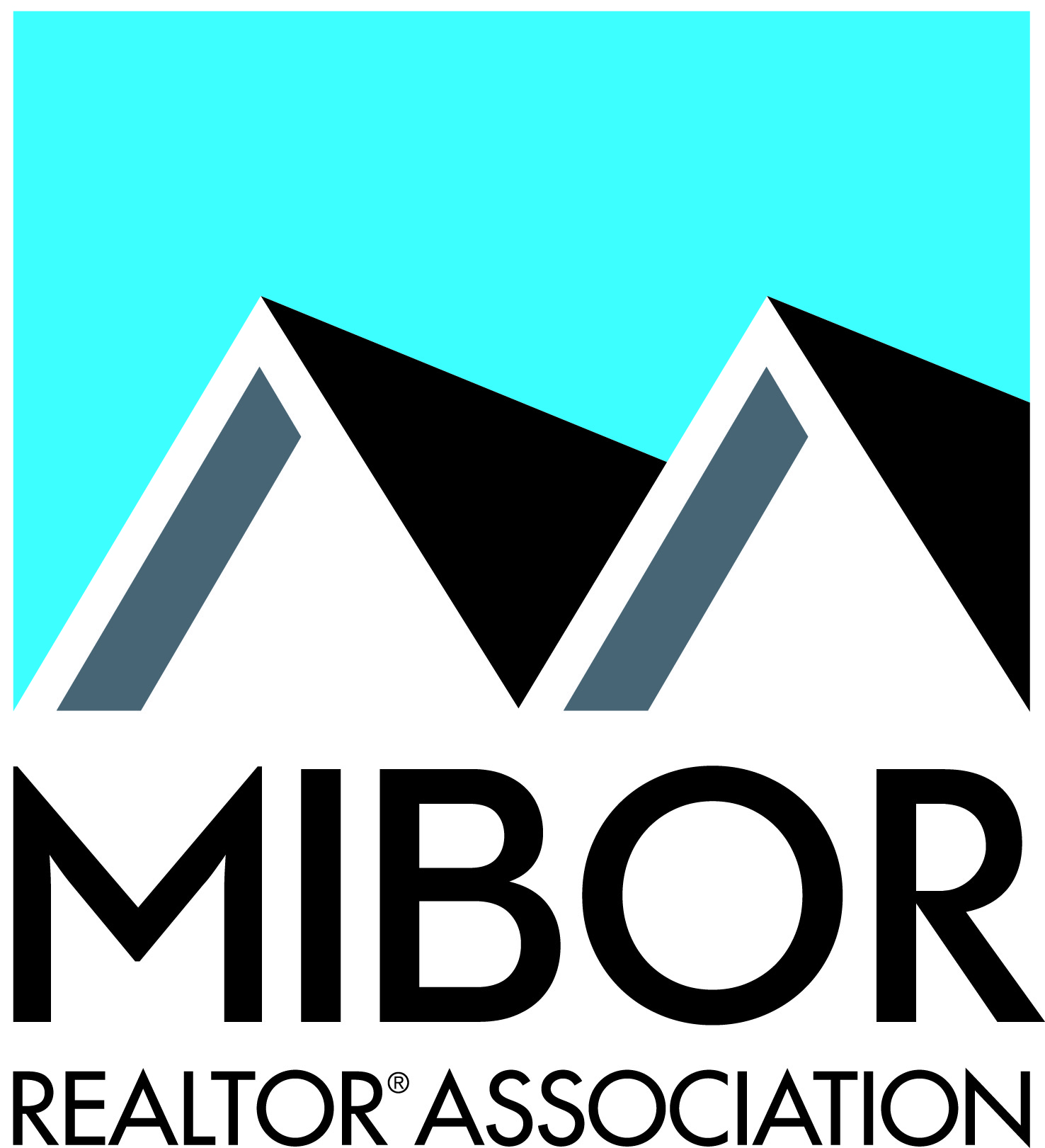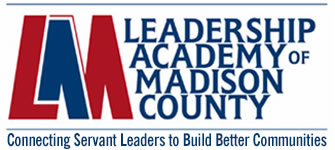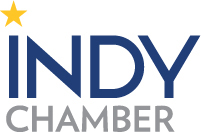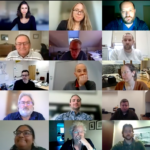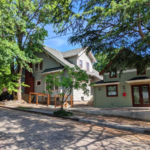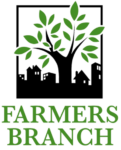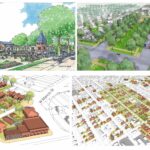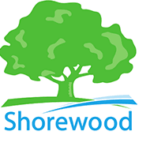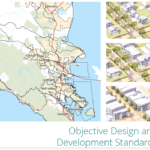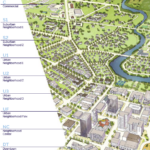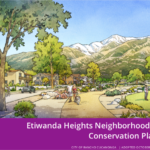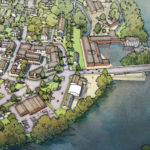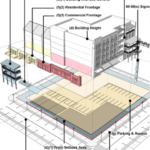FBC 201: Placemaking with Form-Based Codes — Fishers, IN March 5-6
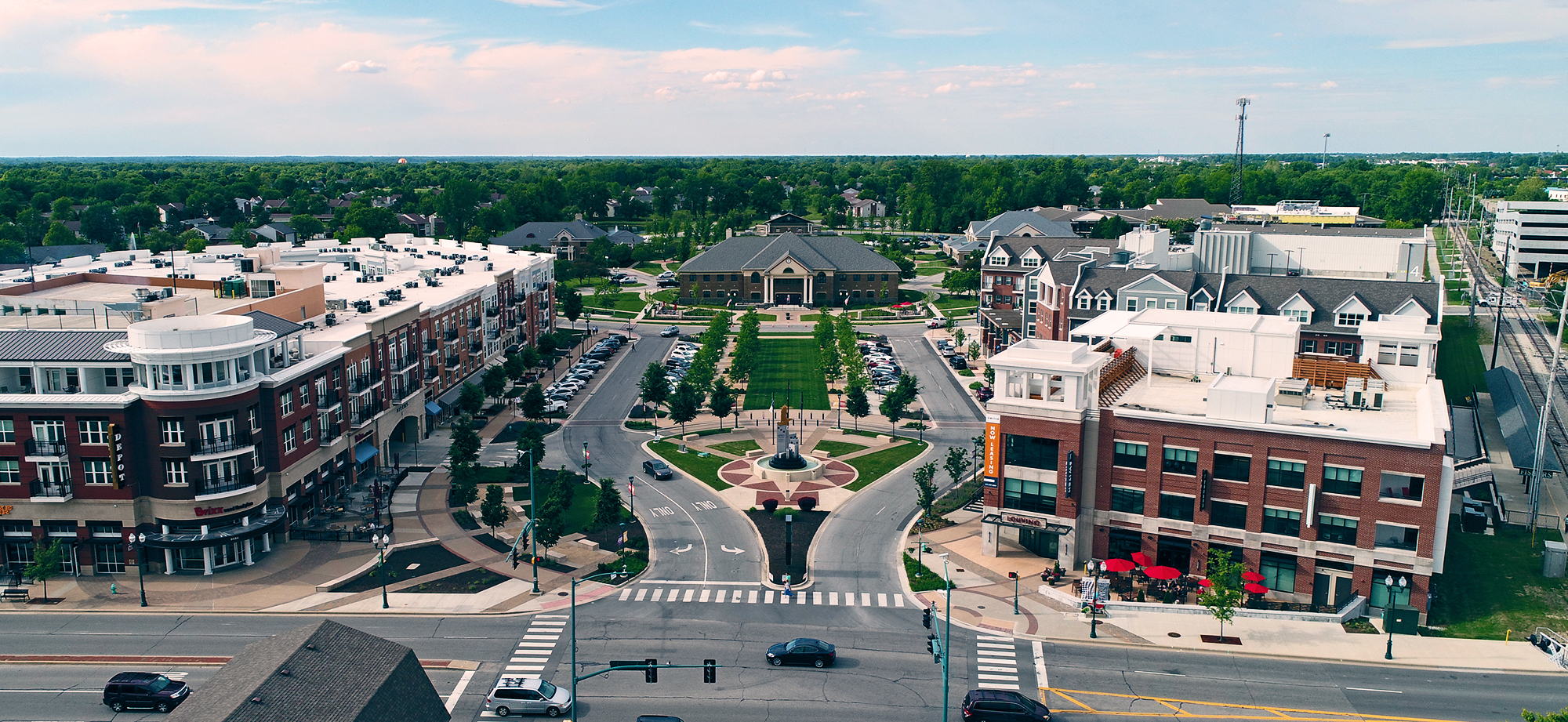
Fishers Nickel Plate District (Image: Visit Hamilton County)
Summary
FBC 201: Placemaking with Form-Based Codes
Thursday, March 5 & Friday, March 6
Hamilton East Public Library
5 Municipal Drive
Fishers, IN 46038
Click HERE for event map and hotel information.
Eligible for 16 AICP CM
This two-day course provides an in-depth understanding of how to guide good urban form through a regulatory framework. Participants learn to create form-based codes by drawing upon an area’s best urban elements to conceptualize the elements that shape public space and community character. Instructors delve into the basics of urban form, combining lecture and case studies with “hands-on” participatory exercises in the essential tasks of coding.
The course uses presentations and interactive discussions to enhance participants’ knowledge of urban design at the scale of the building and building types, the street and street types, the block and the neighborhood. Participants work together to apply theory and practice as they create a vision and regulatory elements of plan for an illustrative area. Instructors and panelists discuss unexpected design challenges, and explore design possibilities for greenfield sites, redevelopment areas, already built-out communities and regional plans.
Click the tabs above to see agenda and instructors.
Lodging
Click HERE for lodging recommendations.
Agenda
The following is a preliminary agenda.
A final agenda will be ready one week before the start of the class.
9:00 – 9:30 AM Light Breakfast and Registration
9:30 – 9:45 AM Welcome / Course Highlights / Introductory Discussion — Chris Zimmerman
Topics covered: An introduction to FBCI and the course; participants’ objectives and desired takeaways; coding issues in your community.
9:45 – 10:45 AM Urban Form Basics: Streets & Other Urban Places — Geoff Ferrell
Topics covered: Street-Space, the core concept of form-based coding and the fundamental contrast with conventional zoning. Also, the network, context, and types of streets; the elements of street cross-sections; overcoming barriers to complete streets; and resources for creating great streets.
10:45 – 10:55 AM Break
10:55 – 11:40 AM Urban Form Basics: Private Building Principles & Types — Chris Zimmerman
Topics covered: The role of buildings to form the public realm and frame and protect the private realm; the palette of building types that make up a city and how they work.
11:40 AM – 12:25 PM Urban Form Basics: The Urban Block — Geoff Ferrell
Topics covered: The structure of the urban block and how it organizes public space vs. private space, (buildings, streets, rear service). How urban blocks define the physical structure of the places we inhabit
12:25 – 1:25 PM Lunch Provided by MCCOG
1:00 – 1:45 PM Small-Scale Urban Design Examples: Streets, Blocks, & Building Scale — Geoff Ferrell & Chris Zimmerman
Topics covered: Built examples of projects at the scale of street, block, building.
1:45 – 2:15 PM Urban Form Basics: The Urban Neighborhood — Geoff Ferrell
Topics covered: The role of neighborhoods in healthy communities; the neighborhood as the basic building block of towns and cities; and the mix of uses and hierarchy, function and location of appropriate streets.
2:15 – 3:15 PM A Conversation with Gabe Klein & Chris Leinberger
Topics covered: Instructors will interview nationally renowned professionals in real estate, transportation, and placemaking. This informal conversation aims to discuss a real estate development perspective on form-based codes, the value of placemaking, and the intersection of form-based codes and transportation at the local and regional level. Class participants will be encouraged to participate in the discussion
3:15 – 3:25 PM Break
3:25 – 5:00 PM Exercise: Part One – Creating a Vision Plan
Topics covered: This two-part exercise explores the fundamental process of form-based coding—that of creating regulations based on a community vision. Instructors will work with class participants to translate a community vision into form-based regulations. Class participants will learn how to extract the necessary information from a vision plan, deciding what to regulate in order to implement the community vision.
In this first part of the exercise, instructors will lead a short walking tour of the nearby neighborhood. Participants will then create a Vision Plan for a set of urban blocks. The resulting plan will be the basis for Exercise Two, which will create a regulatory framework to implement the vision.
5:00 PM End of Day One
6:00 PM Think Regional Dinner & Panel (FORUM Events Center, 11313 USA Parkway)
Admission to this event is included in the course registration fee.
DAY TWO
9:00 – 9:30 AM Light Breakfast
9:30 – 10:00 AM Instructor led Discussion on Exercise Part One
Topics covered: Participants will share their notes and insights from the exercise.
10:00 – 11:00 AM FBCs : Creativity and Constraints — Geoff Ferrell & Chris Zimmerman
Topics covered: What a code constrains and what it doesn’t; creativity in the “street wall;” FBCs and design guidelines; architectural creativity under a form-based code. Mistakes made, lessons learned.
11:00 – 11:15 AM Break
11:15 AM – 1:15 PM Exercise: Part Two – Selecting and Writing Regulations
Topics covered: In this second part of the exercise participants explore the fundamental process of form-based coding—creating regulations, which are based on a community vision. Participants will extract the necessary information from the vision plan created in Part One, deciding what and to what degree, to regulate.
1:15 – 2:15 PM Lunch Provided by MCCOG
2:15 – 3:00 PM Instructor Comments on Exercise Part Two
3:00 – 4:00 PM Large-Scale Urban Design Examples — Chris Zimmerman
Topics covered: Examples of larger scale projects and how the design principles in form-based codes are applied to real projects.
4:00 – 4:15 PM Break
4:15 – 5:00 PM Roundtable Discussion
Topics covered: Broad theme of sustainability. How form-based codes are used to promote walkable, mixed-use urbanism. Energy policy, resiliency and return on investment for local governments. Local questions and concerns. “Parking Lot” issues identified throughout the class. Looking ahead to FBC 301.
5:00 PM End of Course
Instructors
FBCI draws upon national experts, including urban designers and planners with broad experience in all aspects of form-based coding.

Geoff Ferrell is one of the originators of the modern practice of Form-Based Codes. His work ranges from site-specific urban designs to zoning-toolkits to replace Euclidean zones – development regulations that emphasize clarity for end-users. His experience with adopted municipal form-based codes goes back to 1991 with the Metropolitan Dade County Traditional Neighborhood Ordinance, and his experience includes the master plan & form-based code for the redevelopment of the Columbia Pike Corridor in Arlington, Virginia. His firm’s Form-Based Codes for the Farmers Branch, Texas, Station Area and Heart of Peoria Form-Districts in Peoria, Illinois, received the Richard Driehaus Form-Based Code Award in 2007 and 2010, respectively. Ferrell Madden’s work is featured in the books Form-Based Codes, The New Urbanism, and Retrofitting Suburbia.
Mr. Ferrell holds a Master of Architecture degree with a Certificate in American Urbanism from the University of Virginia, a Bachelor of Architecture from Oregon School of Design, and a Bachelor of Science in Public Policy from Willamette University. He is a Charter Member of the Congress for the New Urbanism and a Charter Board Member for the Form-Based Codes Institute.

Chris Zimmerman is Smart Growth America’s Vice President for Economic Development, and Director of the Governors’ Institute on Community Design. An economist by training, Chris heads the team which provides quantitative analysis for data-driven policy recommendations, such as modeling the fiscal impact of development patterns, or quantifying potential loss of affordable housing from rising real estate values. He leads SGA’s Technical Assistance program for equitable Transit-Oriented Development (eTOD), and oversees the downtown revitalization program which provides training and technical assistance to local officials.
Prior to joining SGA, Chris was intimately involved in planning, development, housing, and transportation policy for an urban municipality widely recognized as one of the leading models for smart growth and TOD in the U.S., through his work as an elected official in Arlington County, Virginia. During his 18 years as a member of the Arlington County Board, Chris served on many regional transportation bodies, including 13 years on the WMATA Board of Directors, and 15 years on the Transportation Planning Board for the National Capital Region.
MCCOG Members: Please select “In-State” and enter discount coupon on registration page.*
In-State: $220*
Out-of-State: $425
*Reduced rate made possible by the generous sponsorship from Madison County Council of Governments.
Online registration is now closed
Admission to the “Think Regional” dinner and keynote is included in your registration fee.
ONLINE REGISTRATION DEADLINE: MARCH 3
Thank you to our sponsors:
Thank you to our marketing partners:


